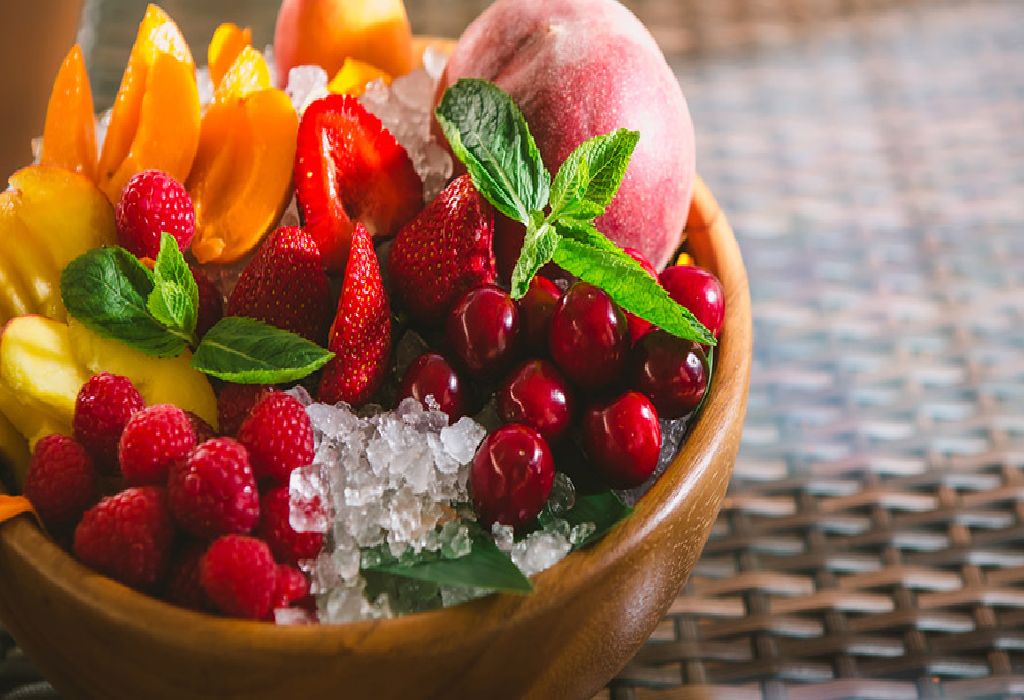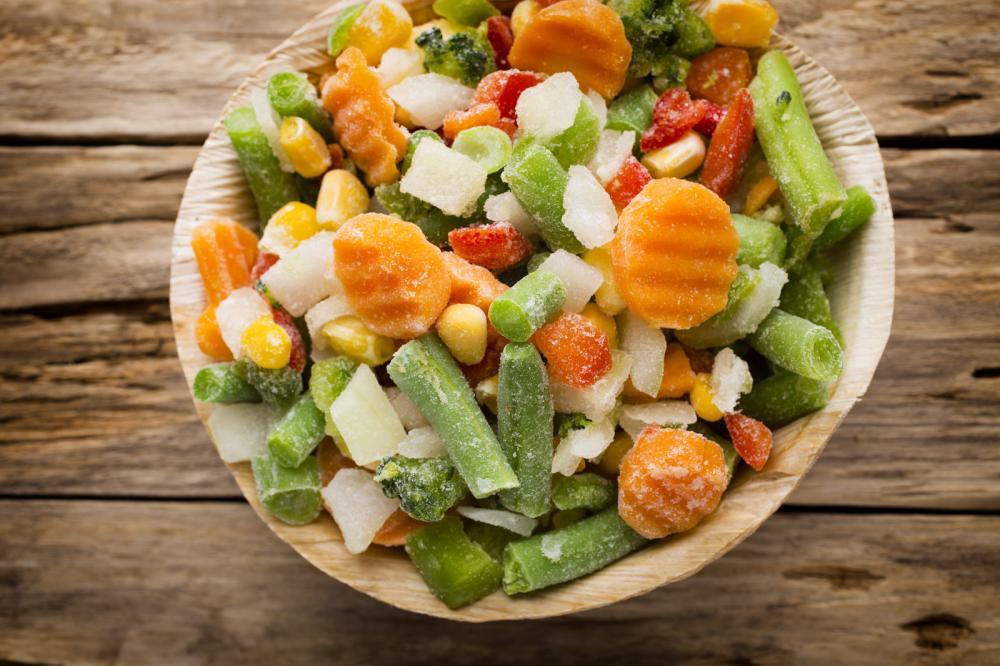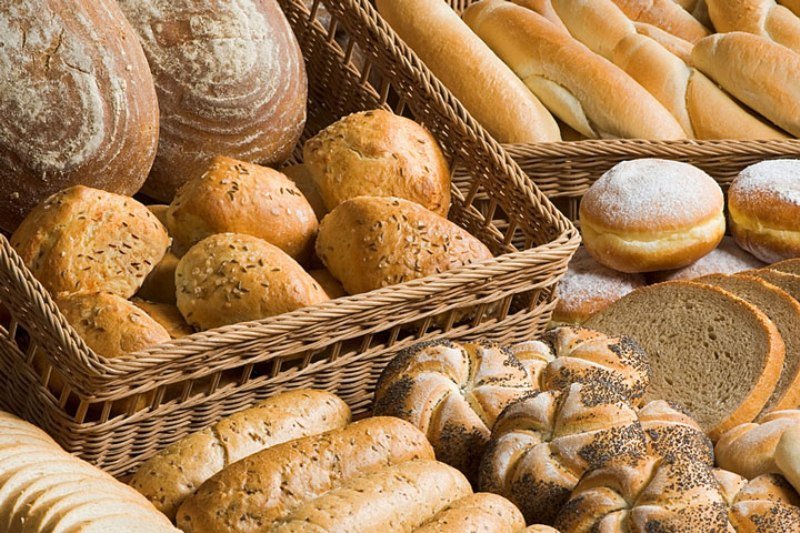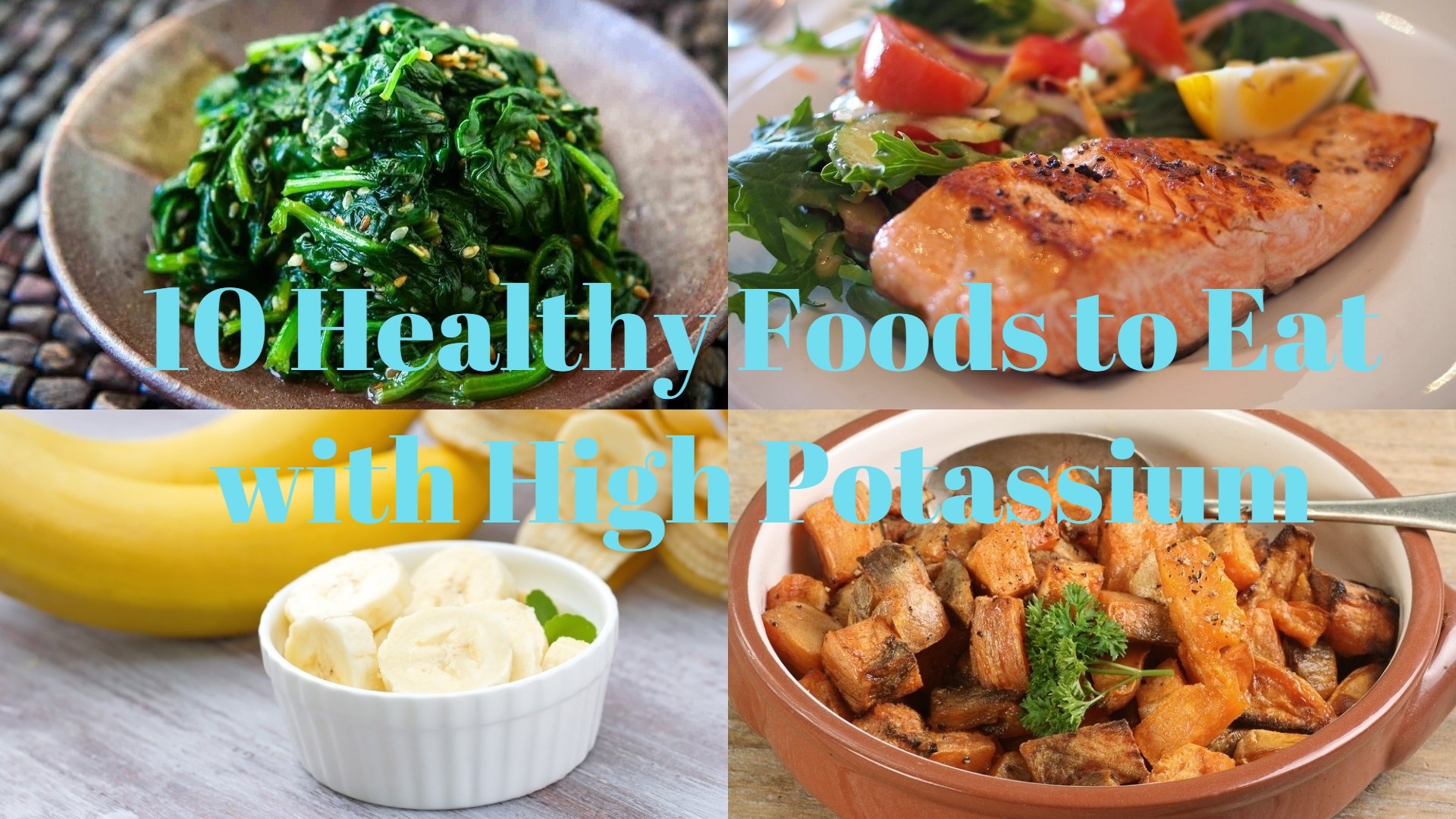Today, we will be looking at the idea that fresh fruits and vegetables are healthier and more nutritious than frozen fruits and vegetables.
Why do people think that fresh produce is healthier?

We think it mostly just stems from the idea that fresh implies less processed and less processed implies healthier and of course, while highly processed highly refined foods can and often do contribute to overconsumption of calories and the replacement of nutrient-rich foods with nutrient devoid foods. Food processing has also helped improve our collective health in many ways such as by providing easily accessible nutrition for infants elderly and pregnant women.
The graph from Weaver and colleagues, it’s clear that collectively canned and frozen fruits and veggies do in fact make up a greater contribution to total nutrient intake than fresh fruits and vegetables at least amongst these nutrients and in the US. This is probably just due to their convenience and affordability and enriching and fortifying foods with added nutrients through processing can drastically reduce nutrient deficiencies compared to relying on just naturally occurring nutrients alone. The red arrows emphasize the nutritional gap between naturally occurring foods enriched processed foods.
The bottom line is while we think food processing is to blame for many of our overconsumption patterns as a society. There are levels to food processing at the top you have very minimally processed foods so say just simply washing and packaging fruits and veggies another level down you have simple preservation methods so things like canning tuna or freezing fruits and vegetables and then as you move even further down you start to get into the in our opinion potentially more problematic levels of processing so stuff like TV dinners and frozen pot pies.
What does science say about fresh versus frozen produce?

There definitely are nutritional differences between these categories and it’s complicated because as it turns out which method is better seems to depend on what fruit and vegetable you’re looking at. For example, looking at 2017 analysis from Linen colleagues beta-carotene content a precursor for vitamin A was higher in fresh broccoli than frozen broccoli but actually lower in fresh compared to frozen corn and lower in fresh green peas compared to frozen green peas.
Even amongst fresh produce, there are differences in nutrition because of differences in transport and storage time. Say something like from a fresh farmer’s market or a roadside fruit stand or you can consume something that was picked and sat in the back of a truck and then sat in the grocery store until you bought it. Research suggests that all else equal the longer the transportation and storage time, the worse nutrient quality tends to be even this isn’t 100% accurate because in reality there are so many other factors that can come into play like the specific fruit or vegetable you’re talking about. The soil quality, season, weather, the growing methods used, the rightness of the fruit or veggie when harvested, post-harvest handling.
According to one nutrition report from Harvard, the vitamin and mineral contents of fruits and veggies depends on decisions and practices all along with the food system from seed to table whether or not that system is local or global. A 2017 Lim paper, so this study compared the nutritional content of various fruits and veggies in three groups – fresh, frozen, and fresh stored. Where the fresh stored group represents fresh produce after sitting in the fridge for five days. The author’s note that this is an important consideration since fresh produce may often remain in the consumers home for a number of days prior to consumption. It’s been suggested from earlier research that the storage of fresh produce can decrease nutrient quality. Now looking at the table for ascorbic acid or vitamin C you can see that for broccoli fresh and frozen come out just about exactly the same while fresh stored was a bit worse. This pattern followed for corn green peas and strawberries yet just taking spinach, for example, vitamin C was highest in the fresh group then lower for the fresh stored and then the lowest for frozen, yet when looking at the Foley content in spinach it was the opposite more Foley was found in the frozen spinach than in both fresh groups. So what do we make of all this noise, well the author’s summed it up by saying that all in all the majority of comparisons yielded no significant difference and in the cases of significant differences there was generally a consistent observation of five days of refrigerated storage having a negative association with nutrient concentration and ultimately our findings do not support the common perception that fresh produce is nutritionally superior to frozen produce.
One 2007 review, notes that losses of nutrients during fresh storage may be more substantial than consumers realize depending on the commodity freezing and canning processes may preserve nutrient value but ultimately a diet filled with diverse fruits and vegetables is ideal. The results presented here suggest that canned frozen and fresh fruits and vegetables should all continue to be included in dietary guidelines.
A science-based medicine article from Dr. Steven Novella, the most nutritious produce is the produce you will actually eat even the worst fruits and vegetables still have a higher nutrient density than other types of food. If affordable and convenient produce allows you to eat more that’s more important than slight incremental gains and some nutrients but not others by obsessing over the details.
SOURCES:
Scientific References:
https://onlinelibrary.wiley.com/doi/a…
https://theness.com/neurologicablog/i…
https://academic.oup.com/ajcn/article…
https://examine.com/nutrition/fresh-v…



